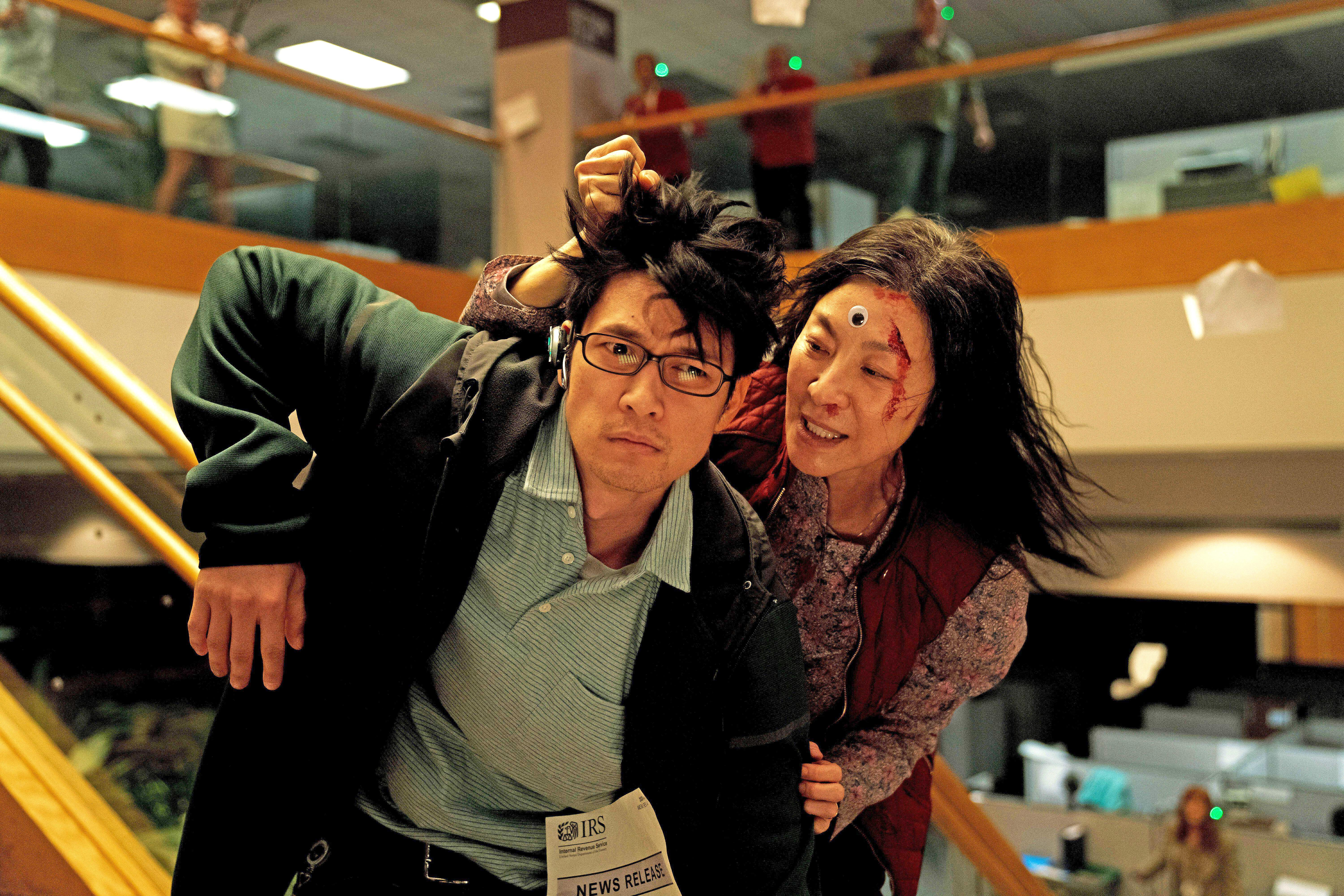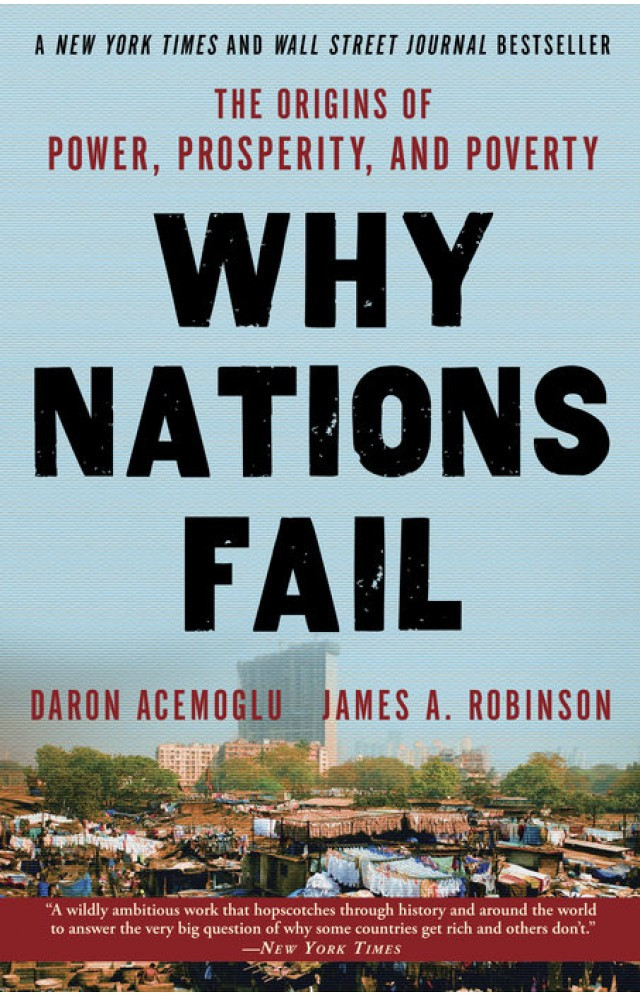Say goodbye to decision fatigue, T magazine is here to help you with all of your media recommendation-related needs. From the movie to watch, show to binge, all the way to the book you should read to unwind, here are our top picks to get you through the week.
WATCH THIS:
Everything Everywhere All at Once
 Nominated for 11 Oscars and winning seven, this bold comic sci-fi where Asian-American Laundromat owners jump through the multiverse to fight bizarre existential threats like mind-controlling raccoons and a soul-sucking giant bagel, has shaken up notions of what constitutes a Best Picture winner. Deeply rooted in the immigrant experience, visual and thematic experimentation, it offers wild, overstimulating and exhausting comedy that is ultimately cathartic. In all the cosmic craziness, the message is to stave off darkness with hope, love, acceptance or whatever positive force we need to summon in order to survive.
Nominated for 11 Oscars and winning seven, this bold comic sci-fi where Asian-American Laundromat owners jump through the multiverse to fight bizarre existential threats like mind-controlling raccoons and a soul-sucking giant bagel, has shaken up notions of what constitutes a Best Picture winner. Deeply rooted in the immigrant experience, visual and thematic experimentation, it offers wild, overstimulating and exhausting comedy that is ultimately cathartic. In all the cosmic craziness, the message is to stave off darkness with hope, love, acceptance or whatever positive force we need to summon in order to survive.
BINGE THIS:
MH370: The Plane That Disappeared The layout of known details supported by archival news footage, some mandatory dramatic re-creations and immensely helpful graphics in the 3-part docuseries will totally hinge you. But if you’re looking for concrete answers to the conspiracy theories around the disappearance of MH370, nine years ago, you are not getting any, because for the most part, the film makers as sceptical as we are. The compelling and fact-driven work may sometimes border on tabloid or reckless social media chat-level territory, but the mystery around the plane’s disappearance remains cloudy as ever.
The layout of known details supported by archival news footage, some mandatory dramatic re-creations and immensely helpful graphics in the 3-part docuseries will totally hinge you. But if you’re looking for concrete answers to the conspiracy theories around the disappearance of MH370, nine years ago, you are not getting any, because for the most part, the film makers as sceptical as we are. The compelling and fact-driven work may sometimes border on tabloid or reckless social media chat-level territory, but the mystery around the plane’s disappearance remains cloudy as ever.
FOLLOW THIS:
@WIRED
 With about 10.2 million users, this YouTube channel centres around a variety of topics focused on celebrities or experts who explain a subject of their expertise at five levels of difficulty to a child, a teen, a college student, a grad student, and another expert. For instance, a military historian breaks down medieval weapons in video games, an Olympic archer breaks down video game archery, and a researcher breaks down cyberpunk video games. Lots of information and ideas, but some language and content may not be suitable for young people.
With about 10.2 million users, this YouTube channel centres around a variety of topics focused on celebrities or experts who explain a subject of their expertise at five levels of difficulty to a child, a teen, a college student, a grad student, and another expert. For instance, a military historian breaks down medieval weapons in video games, an Olympic archer breaks down video game archery, and a researcher breaks down cyberpunk video games. Lots of information and ideas, but some language and content may not be suitable for young people.
READ THIS:
Why Nations Fail
 This highly readable book is a result of many years of path-breaking research on the historical role of institutions that influence economy and the incentives that motivate people. It attempts to explain the piteous poverty that leaves 1.29 billion people in the developing countries struggling to live on less than $1.25 a day. No, it is not mind-numbingly miserable, but invigorating, verbose, wildly ambitious and hopeful. The writers argue that rotten regimes, exploitative elites and self-serving institutions combined with frail, decentralised states make a recipe for poverty, conflict and failure.
This highly readable book is a result of many years of path-breaking research on the historical role of institutions that influence economy and the incentives that motivate people. It attempts to explain the piteous poverty that leaves 1.29 billion people in the developing countries struggling to live on less than $1.25 a day. No, it is not mind-numbingly miserable, but invigorating, verbose, wildly ambitious and hopeful. The writers argue that rotten regimes, exploitative elites and self-serving institutions combined with frail, decentralised states make a recipe for poverty, conflict and failure.
Have something to add to the story? Share it in the comments below.
